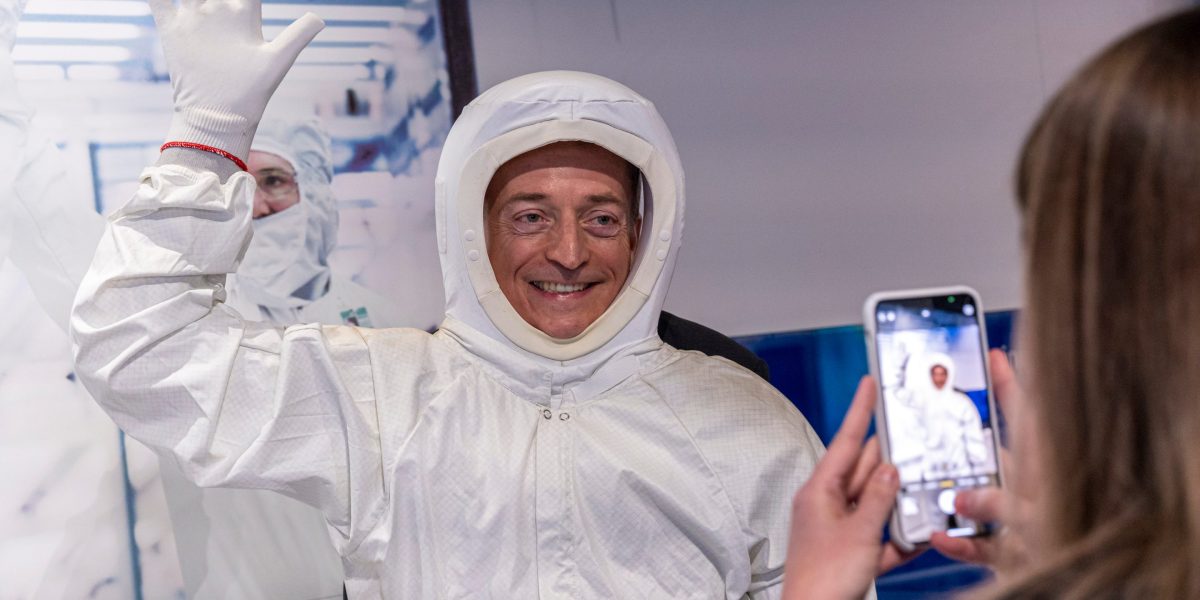Pat Gelsinger’s surprise resignation as Intel’s CEO on Monday ends his four-year effort to rescue the struggling chipmaker — and his chance to snag a massive stock payday that could have been worth $140 million.
Gelsinger is not exactly leaving empty-handed though: He’ll have earned at least $46 million, including severance, for his time leading Intel, according to an analysis for Fortune by a compensation expert.
Gelsinger is set to receive between $7 million and $10 million in severance, according to a filing by Intel. That’s on top of the $38.7 million in compensation that he’s already realized since 2021, consisting of salary, bonus, and vested stock, and exercised stock options, according to calculations by executive compensation data firm Equilar.
The hefty pay package reflects the high hopes invested in Gelsinger, an Intel veteran and tech entrepreneur, who was tapped in 2021 to revive the iconic chipmaker’s fortunes amid one of the worst crises in its 56-year history.
The payday that Geslinger never earned in the form of performance-based stock, meanwhile, underscores the difficulty he faced carrying out his rescue mission as Intel’s stock cratered and competitors like Nvidia and TSMC forged ahead.
Intel shares are down 52% so far this year, versus the Nasdaq’s 29% gain. Intel’s stock has fallen roughly 55% since Gelsinger was appointed CEO in January 2021.
“His realized pay is much lower because of not attaining performance goals and the decreasing stock price of Intel over the past few years,” according to Courtney Yu, director of research for Equilar.
Gelsinger’s income from nonequity incentive plan payments peaked during Gelsinger’s first year as CEO, according to Yu’s analysis. Those performance-based rewards ranged from $5.1 million in fiscal year 2021, to $945,900 in 2022 and $2.9 million in 2023.
A bittersweet goodbye
Intel shocked Wall Street on Monday when it announced that Gelsinger was retiring and that it had appointed two interim co-CEOs to steer the ship as it conducted a search for a permanent CEO replacement. Gelsinger, an Intel veteran who spent a decade leading VMWare before rejoining the company as CEO in 2021, said in a statement that the moment was “bittersweet” and acknowledged a challenging year.
While Intel and Gelsinger described his move as a retirement, Bloomberg reported that the 63-year old CEO had effectively been forced out by the board, which was growing impatient with the turnaround. According to Intel, Gelsinger is eligible to receive a severance payment worth 18 months of his annual base salary of $1,250,000, as well as 1.5 times his annual target bonus, which is set at 275% of his base salary. He’s also entitled to 11/12th of his 2024 annual bonus.
At its peak of $179 million in 2021, Gelsinger’s total compensation package was among the highest for corporate leadership. At the time, Expedia Group’s Peter Kern was earning $296 million and topped Equilar’s CEO Pay Study, which measures total compensation for the S&P 500. Next was David Zaslav of Warner Bros. Discovery at $247 million, followed by ServiceNow’s William McDermott making $166 million. (Gelsinger was not on the list because it only included CEOs who had been on the job at least two years).
Of course, much of that compensation was in the form of equity tied to performance targets. For example, Gelsinger received 2.1 million options and 3.3 million performance stock units when he started, Yu explains. But they would only vest if Intel’s stock price grew by at least 30% — something that did not happen.
“He’ll obviously not realize any value from those,” said Yu.

